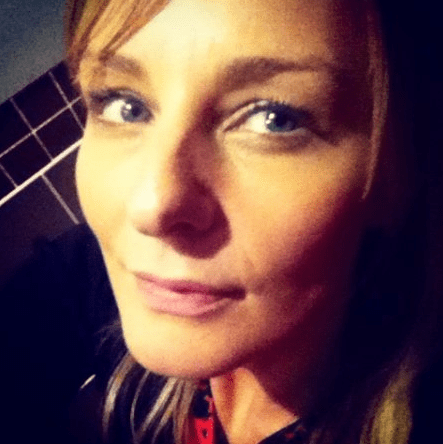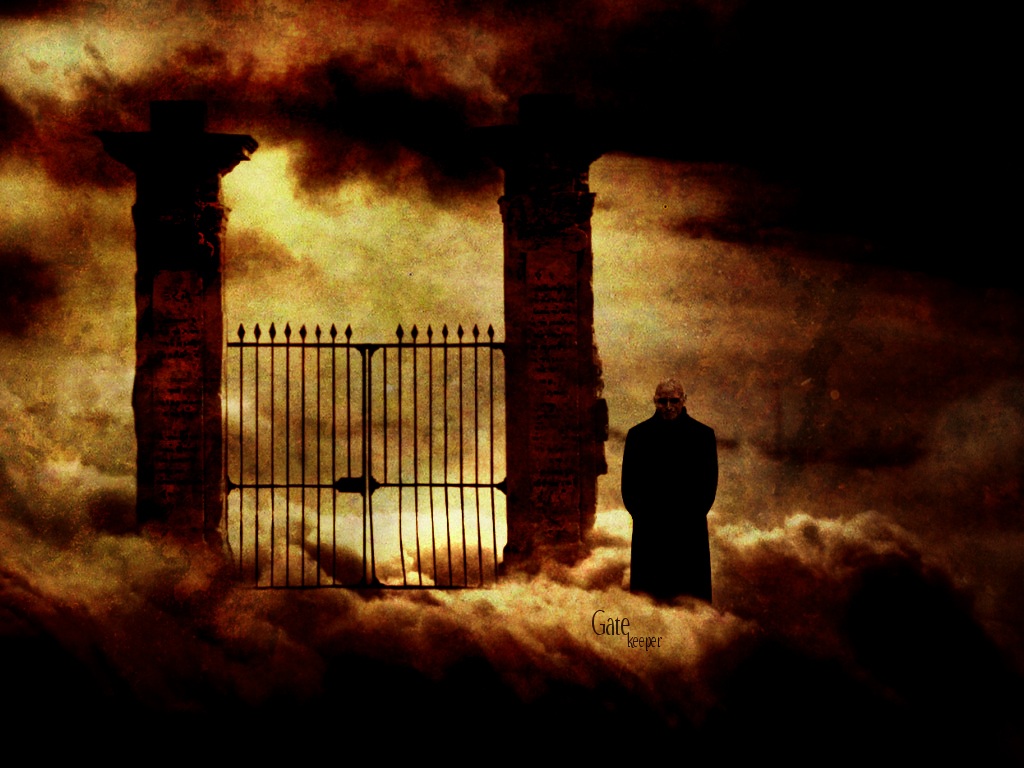I still read at least two newspapers every day but I know I am a dying breed.
Most of the news people read on a daily basis come from: Twitter, Facebook, or an iPhone app which means people are digesting a strange hybrid of fact, fiction and hysteria.
Circulation figures of major newspapers are plummeting, reporters are being laid off, and mergers\acquisitions are becoming the trend – it seems the days of the old style newspapers is coming to an end.
But while several analysts and pundits have predicted the death of print it is imperative that newspapers survive and evolve in the years as the growth of social media and blogging continues apace.
Journalists have long considered themselves the gatekeepers of news for the public but with the advent of the internet, some would argue the information flow has been taken from the gatekeepers of mainstream news media but it can be argued that the opposite has in fact occurred. News has become compromised, barely distinguishable from rumour and idle gossip.
The news media’s gatekeeping role used to dictate the newsworthiness of an event – in terms of its importance and also its validity.
The rise of the unstoppable beast that is the internet means the media can no longer monitor what does and does not reach the public sphere. It is because of this that the task of gatekeeping has become more important than ever; the verification of facts and the reliability of sources is key.
While anyone with a keyboard can post a blog, it takes skill, aptitude, and a keen news sense to get to the heart of good reporting. And journalists are trained to do this.
There is a certain credibility that we attach to reporters that comes with knowledge or attention to detail. Most bloggers are not that diligent, knowledgeable or hardworking.
Newspapers and journalists are often called out by bloggers and trolls who believe they are not covering certain de rigour subjects circulating online adequately, but this only serves to reveal a distinct lack of knowledge of the ethical and legal constraints within the media sector.
I am not sure how many bloggers invest any significant amount of time on honing their craft and checking for facts and counter-facts, until they arrive at the truth. They also don’t have to care about litigation, yet because it is still a grey area online.
The recent controversy which surrounded an unfortunate young girl whose image ended up being circulated by both adults and children while performing a sex act at a Slane concert was a wholly terrifying and depressing example of how the internet is threatening our very freedom.
It also brought a whole new concept ‘Slut-shaming’ to the cultural lexicon.
It refers to the act of making a woman feel guilt or humiliation for participating in certain sexual practices. The Irish media was fairly quiet about the matter with #slanegirl appearing only on a couple of news reports once the matter became a subject of a Garda investigation.
This is because any decent newspaper editor knows that disseminating child pornography online is illegal also, there isn’t a journalist in the country who has not spoken to a devastated family who has lost a young person to suicide over the course of their career.
Journalists have always been the gatekeepers and I don’t think they should give up the keys just yet.
 Edel O’Connell is a Senior Account Manager with Fuzion and a former award winning journalist and writer
Edel O’Connell is a Senior Account Manager with Fuzion and a former award winning journalist and writer
Fuzion are a Marketing, PR and Graphic Design firm in Ireland with offices in Cork and Dublin








